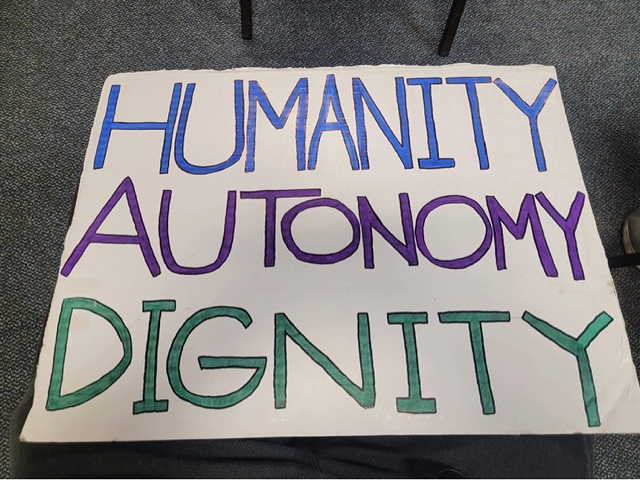August 15, 2022
The FBI announced that Operation Cross Country, which it organizes annually to focus on “identifying and locating victims of sex trafficking and investigating and arresting individuals and criminal enterprises involved in both child sex and human trafficking,” was a profound success though an examination beyond the headlines finds the operation missed its mark. The FBI reported that the operation, which took place during the first two weeks of August, found 37 missing minors, identified “more than 200 victims,” and led to the “identification or arrest” of 85 suspects; however, they also stated that “the result was three arrests: one of an unregistered sex offender (which will become a federal case) and two state arrests.” The lack of details regarding what the operation actually entails, the circumstances of the victims, and the charges faced by the majority of those arrested mirrors past years’ announcements.
It is hard to disagree with the operation’s stated objectives, which are to assist victims and bring abusers to justice, but it appears that this is yet another example of law enforcement boasting that it has arrested numerous traffickers when the details do not support that claim. Law-enforcement agencies routinely announce that they have “busted a human trafficking ring” and “rescued sex slaves,” catchphrases that the media is quick to print as headlines. A cursory glance of the subsequent article or details of the arrests often reveals that those arrested were consensual adult sex workers and their clients, for prostitution or soliciting prostitution, and for petty offenses such as driving without a license or drug possession. Victims may not have been trafficked or exploited and may have been victimized in another sense.
Very few people are actually charged with “sex trafficking” during law enforcement “sting operations” aimed at combatting this offense. Arrests of adults engaged in consensual sex work reported in conjunction with data related to human trafficking grossly inflate the perceived rate of sex trafficking, denying resources to the vast majority of victims who are trafficked into other industries. Eighty percent of trafficking victims worldwide are exploited into service, agriculture, and other labor sectors outside of sex work, yet advocates have noted that when labor trafficking cases are reported to U.S. law enforcement, they often fail to investigate or prosecute. Nearly 90% of the federal government’s $24 million “trafficking prevention” budget was used to arrest consensual adult sex workers rather than to detect traffickers or assist victims. In 2020, prostitution-related offenses outnumbered those related to trafficking in the sex trade 38 to 1.
The hyper emphasis on “sex trafficking” by law enforcement and the public leads to misdirected resources and the arrest and stigmatization of consensual adult sex workers. Ironically, these arrests, among other law-enforcement practices, make it harder for actual victims of trafficking to seek services.
Elizabeth Nolan Brown exposed Operation Cross Country’s flaws and the harmful ramifications of inflating sex trafficking statistics in this piece, printed in Reason magazine in 2017.

“Federal officials insist child sex trafficking is an American epidemic, with domestic victims numbering in the hundreds of thousands. None of the stings have yielded evidence of anything like a problem on that scale.”
— Elizabeth Nolan Brown, Reason, 2017
DSW Newsletter #39 (August 2022)
Operation Cross Country: The FBI’s Annual Anti-Trafficking Performance

Montpelier, VT Repeals Prostitution Ordinance

Possessing Condoms Shouldn’t Be a Crime

DSW Staff Attend Key Conferences Around the World

